DHAKA, May 14 (V7N) – The Ministry of Finance today expressed optimism that Bangladesh would receive approximately $3.3 billion in total loan support from international development partners by June, which includes a combined fourth and fifth tranche of $1.3 billion from the International Monetary Fund (IMF).
In an official statement released today, the ministry stated that these funds, allocated as budget support, are expected to bolster Bangladesh’s foreign currency reserves and stabilize the exchange rate.
The statement highlighted that key policy recommendations from the IMF related to the loan include reforms in revenue management and the exchange rate regime.
According to the ministry, the IMF's fourth review was successfully concluded. Following a decision made after the third review, it was agreed that the fourth and fifth tranches would be released together, contingent upon an additional review of crucial reforms in revenue management and exchange rate policy.
"In line with that decision, detailed discussions were held during the fourth review in Dhaka in April, followed by continued engagement at the World Bank–IMF Spring Meetings in Washington, DC, later that month," the statement elaborated.
The ministry further indicated that both Bangladesh and the IMF have reached a consensus on revenue reforms, foreign exchange measures, and other structural policy changes after a thorough evaluation of macroeconomic stability.
With a staff-level agreement now in place, Bangladesh anticipates the IMF to disburse $1.3 billion, covering both the fourth and fifth tranches, by June.
In addition to the IMF support, Bangladesh also expects to receive approximately $2 billion in budget assistance from other development partners, including the World Bank, Asian Development Bank (ADB), Asian Infrastructure Investment Bank (AIIB), Japan, and the OPEC Fund for International Development.
The finance ministry acknowledged that these loans come with reform conditions but assured that all decisions are being made while considering Bangladesh’s specific socio-economic context.
"The inflow of these funds will further strengthen foreign exchange reserves and help maintain stability in the exchange rate," the ministry affirmed.
The statement also emphasized that the reform programs being undertaken in exchange for budget support are solely designed by the Government of Bangladesh based on national interests, with technical assistance provided by the development partners.
END/MSS/RH/



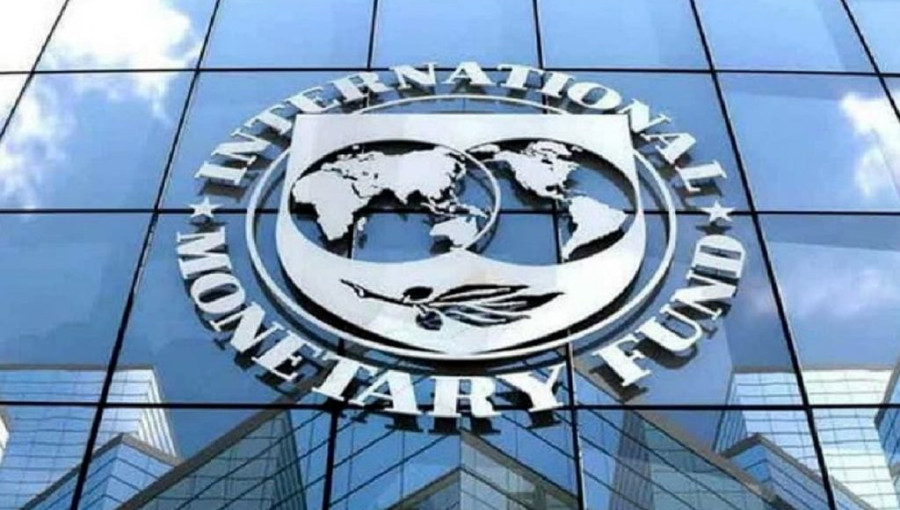
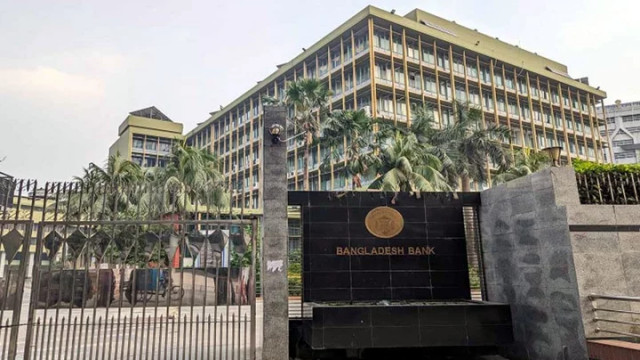

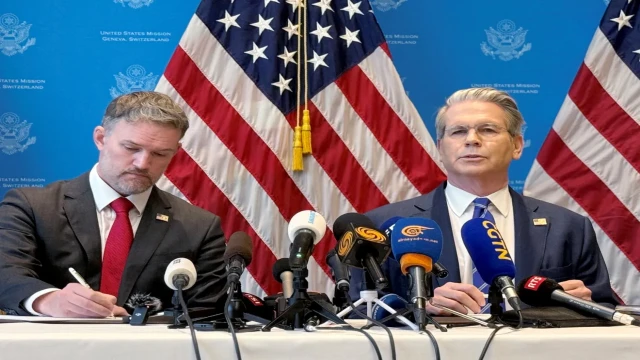



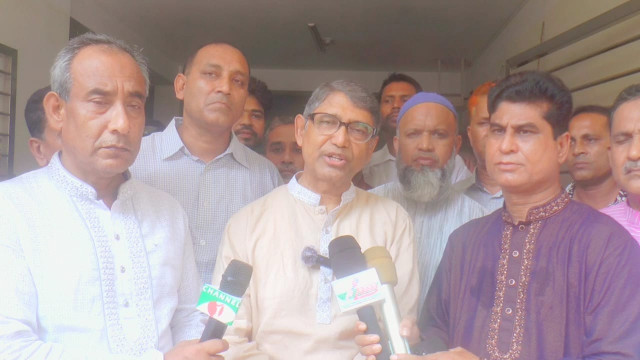

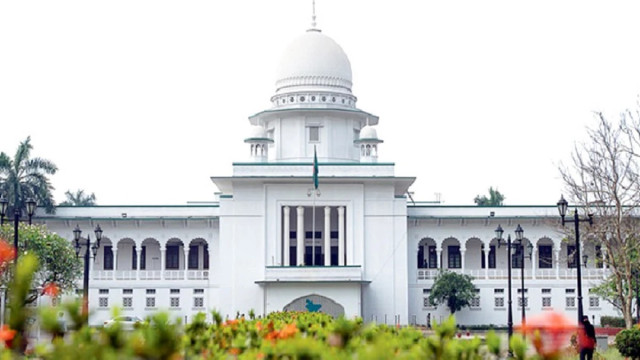
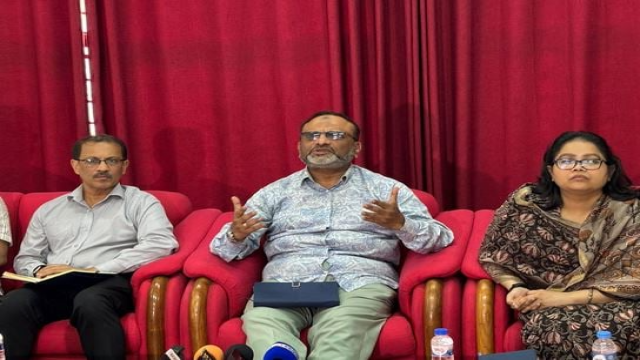
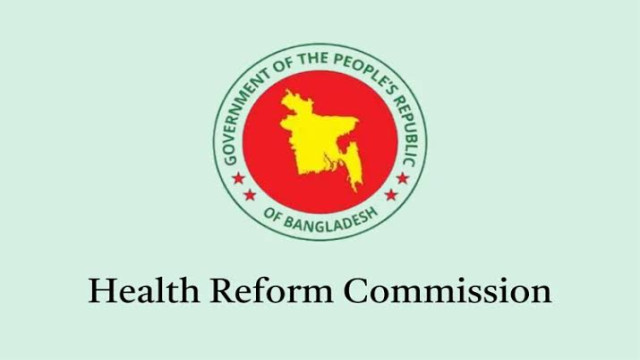
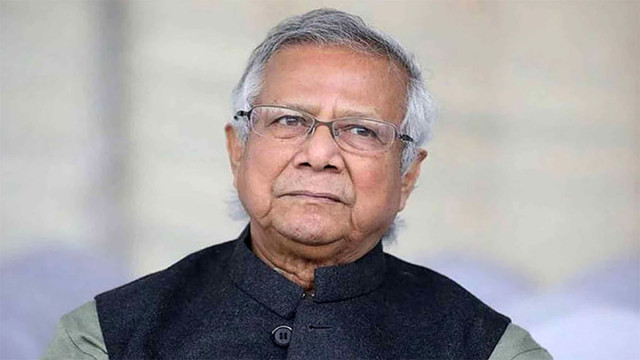
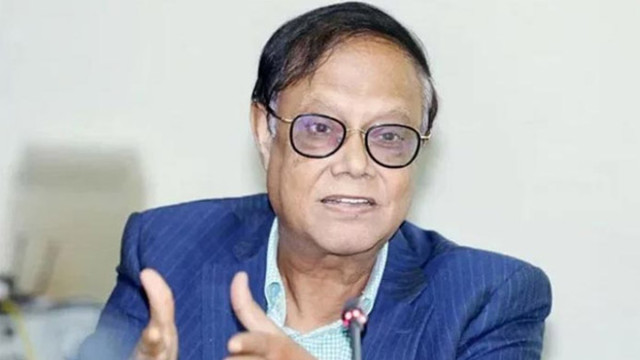

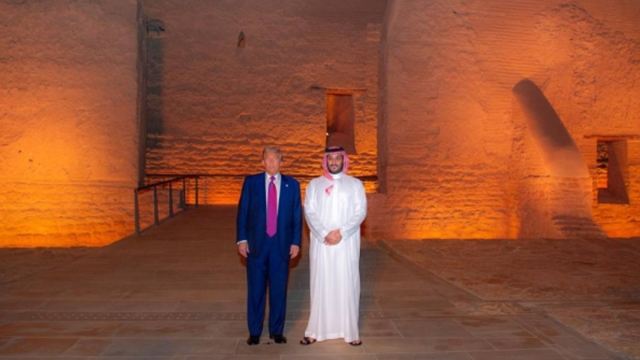


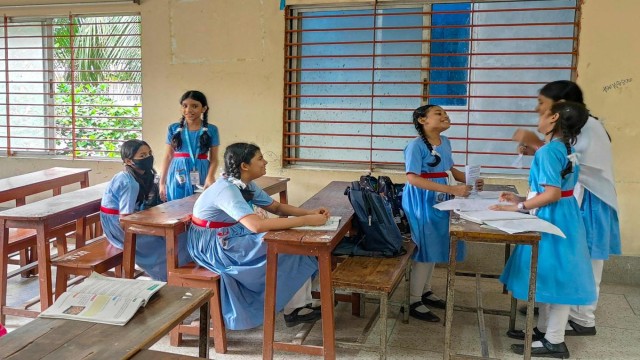
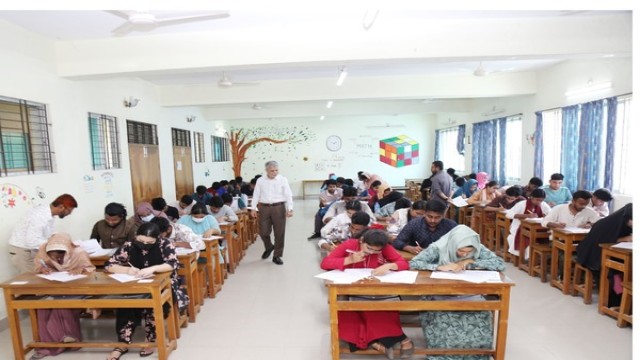
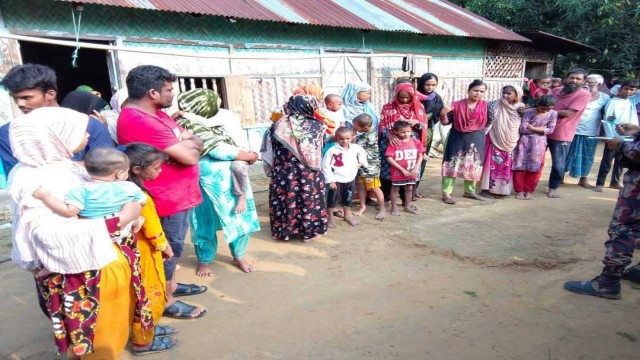

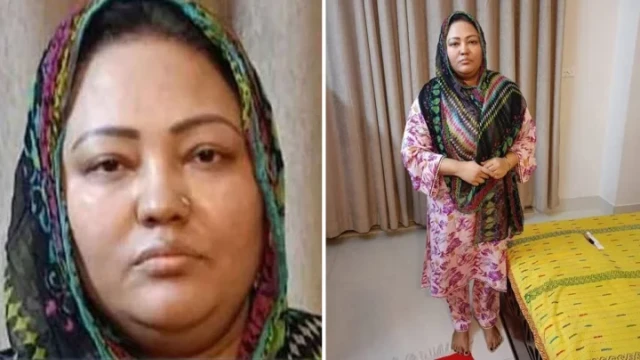
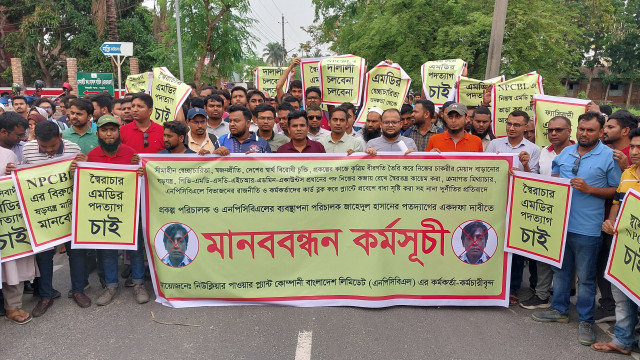
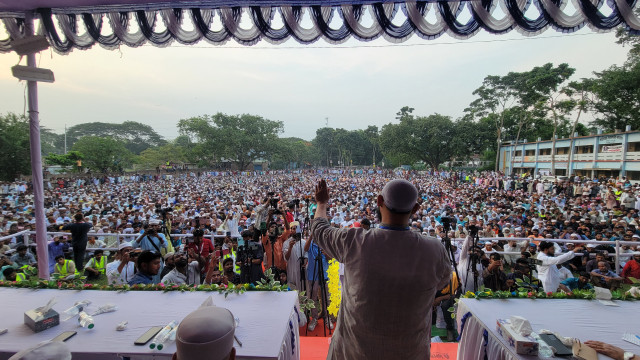
Comment: